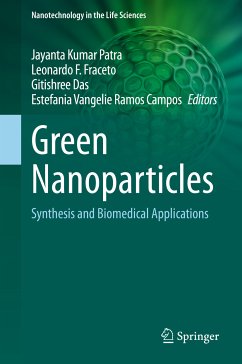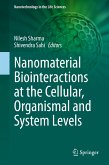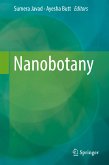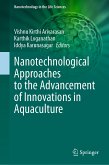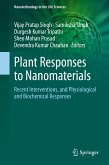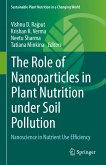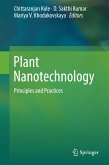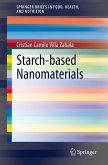Nanotechnology is the application of science to control matter at the molecular level. It has become one of the most promising applied technologies in all areas of science. Nanoparticles have multi-functional properties and have created very interesting applications in various fields such as medicine, nutrition, bioenergy, agriculture and the environment.
But the biogenic syntheses of monodispersed nanoparticles with specific sizes and shapes have been a challenge in biomaterial science. Nanoparticles are of great interest due to their extremely small size and large surface-to-volume ratio, which lead to both chemical and physical differences in their properties (e.g., mechanical properties, biological and sterical properties, catalytic activity, thermal and electrical conductivity, optical absorption and melting point) compared to bulk of the same chemical composition. Recently, however, synthesizing metal nanoparticles using green technology via microorganisms, plants, viruses, and so on, has been extensively studied and has become recognized as a green and efficient way for further exploiting biological systems as convenient nanofactories. Thus the biological synthesis of nanoparticles is increasingly regarded as a rapid, ecofriendly, and easily scaled-up technology.
Today researchers are developing new techniques and materials using nanotechnology that may be suitable for plants to boost their native functions. Recently, biological nanoparticles were found to be more pharmacologically active than physico-chemically synthesized nanoparticles. Various applications of biosynthesized nanoparticles have been discovered, especially in the field of biomedical research, such as applications to specific delivery of drugs, use for tumor detection, angiogenesis, genetic disease and genetic disorder diagnosis, photoimaging, and photothermal therapy. Further, iron oxide nanoparticles have been applied to cancer therapy,hyperthermia, drug delivery, tissue repair, cell labeling, targeting and immunoassays, detoxification of biological fluids, magnetic resonance imaging, and magnetically responsive drug delivery therapy.
Nanoparticle synthesis for plant byproducts for biomedical applications has vast potential. This book offers researchers in plant science and biomedicine the latest research and opportunity to develop new tools for the synthesis of environmentally friendly and cost-effective nanoparticles for applications in biomedicine as well as other various fields.
Dieser Download kann aus rechtlichen Gründen nur mit Rechnungsadresse in A, B, BG, CY, CZ, D, DK, EW, E, FIN, F, GR, HR, H, IRL, I, LT, L, LR, M, NL, PL, P, R, S, SLO, SK ausgeliefert werden.
Hinweis: Dieser Artikel kann nur an eine deutsche Lieferadresse ausgeliefert werden.

